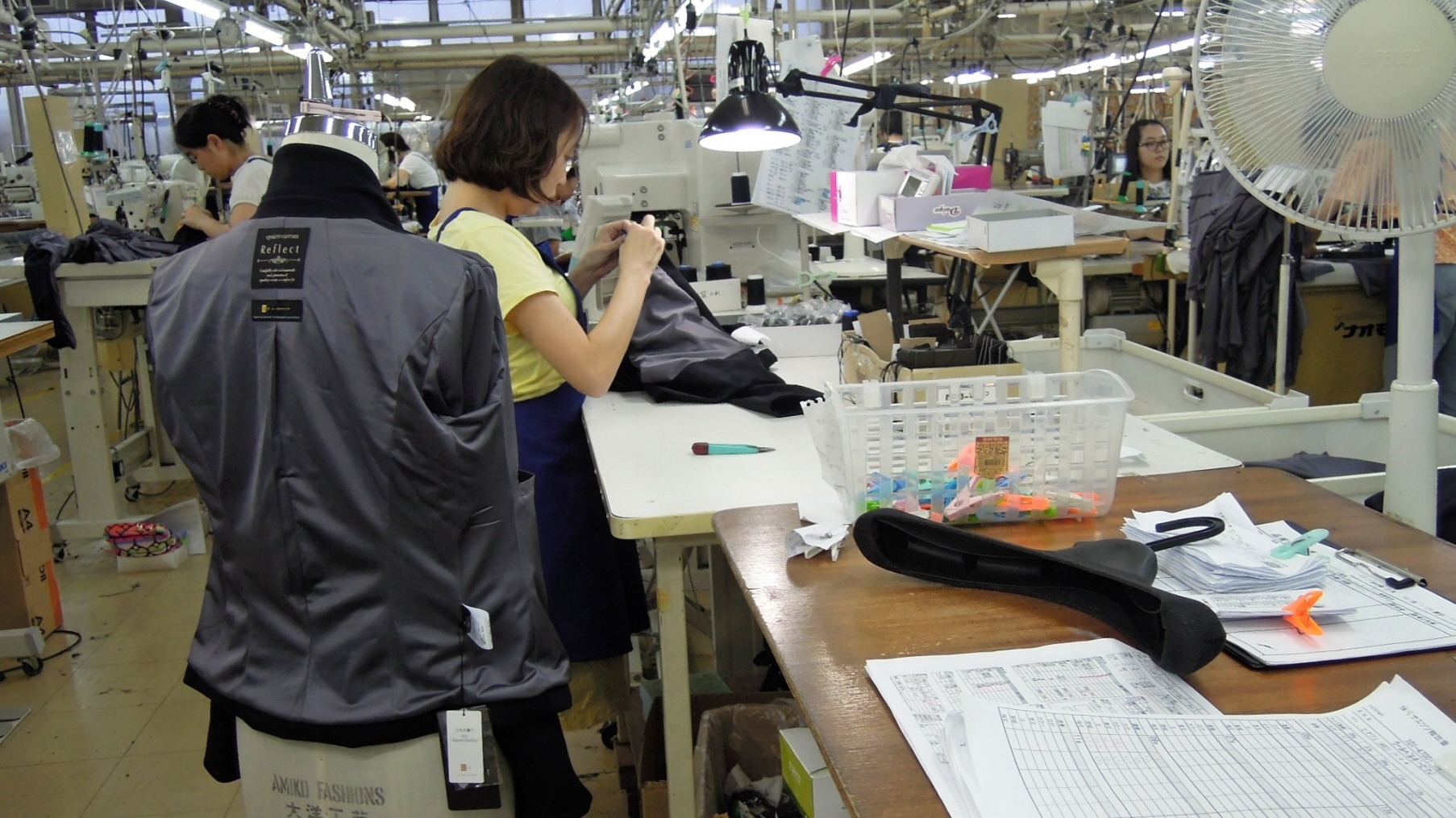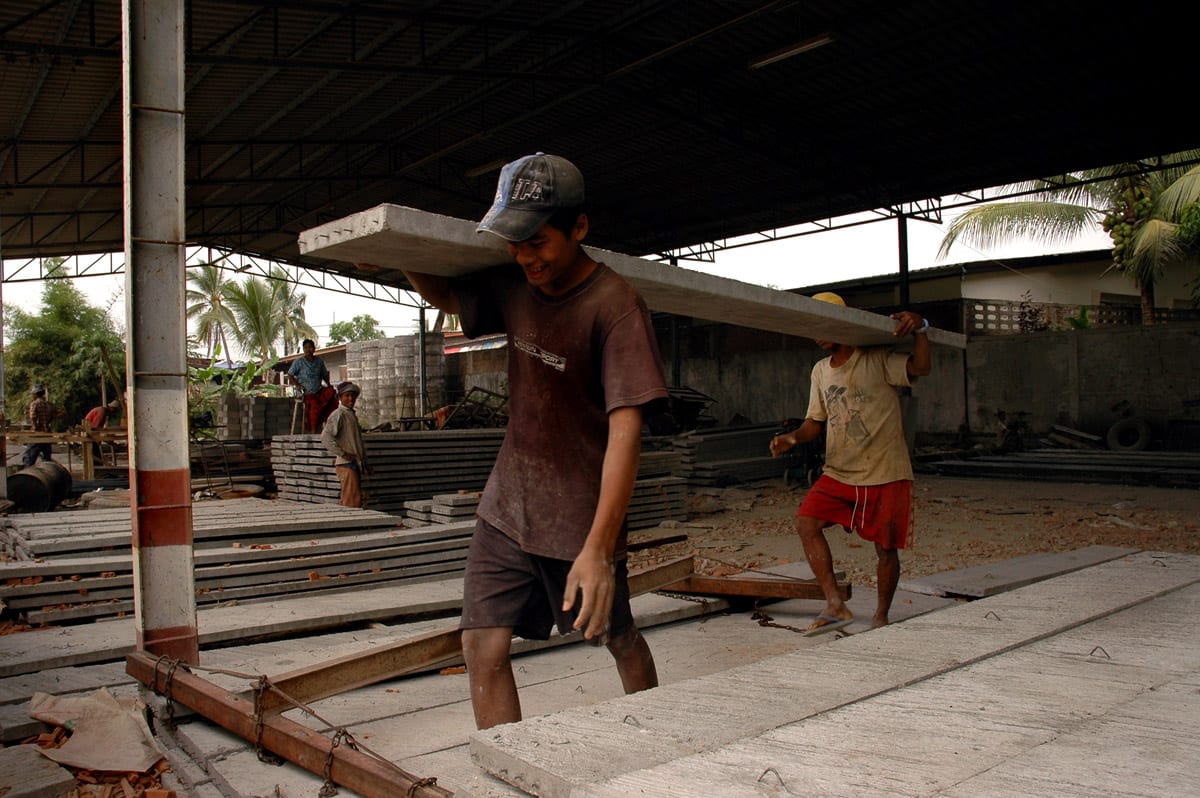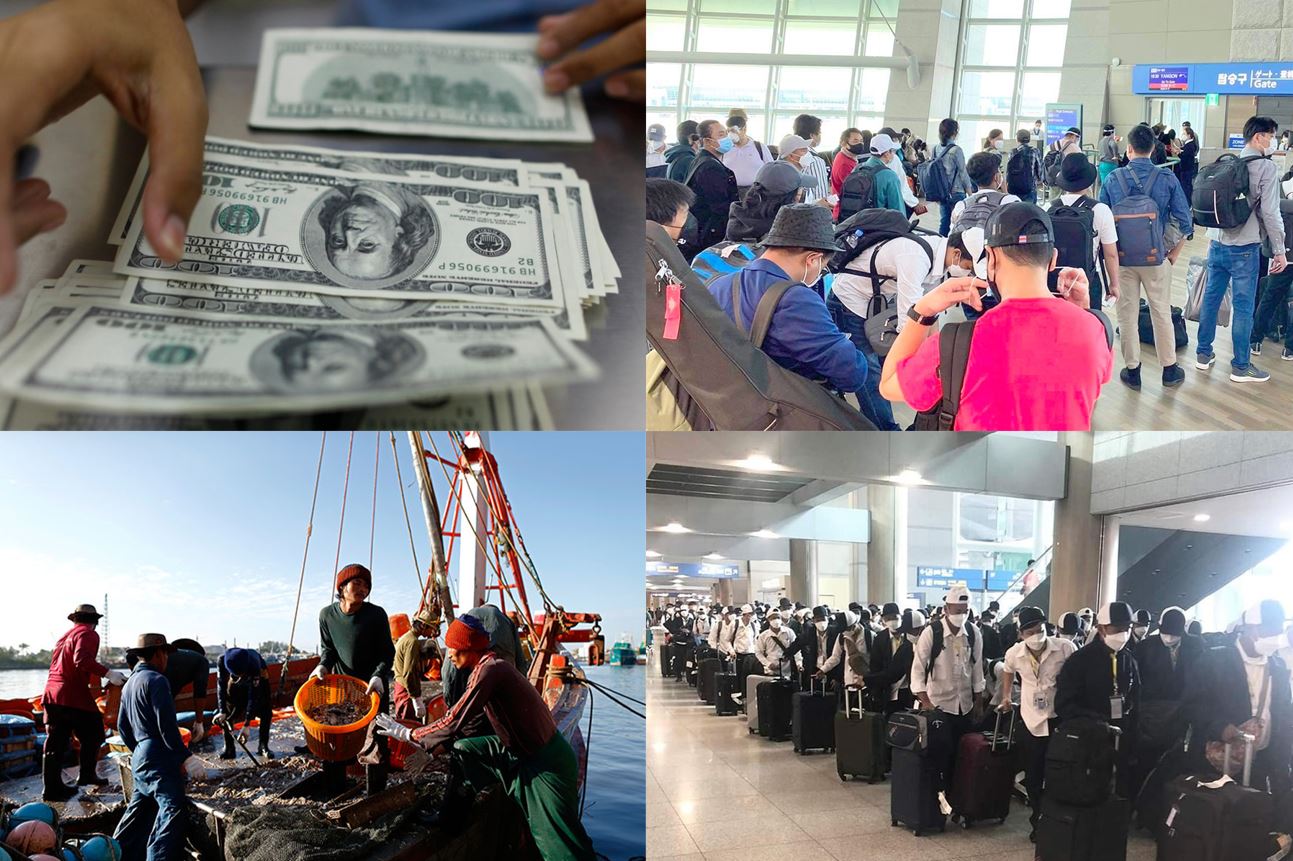CNI News
5 Oct 2022
The government is considering the amounts to be officially remitted to families by Myanmar workers in other countries, Permanent Secretary U Nyunt Win of the Ministry of Labour told the CNI.
He said, “It is a normal practice for migrant workers in the international community to remit their salaries back to their families through official channels. Successive governments failed to enforce the practice effectively and allowed Myanmar workers in other countries to do anything they like with their money. Actually, it is not something new. For example, the Philippines send a large number of workers to other countries. What I want to highlight is that we are just considering the enforcement of an international practice. We are still discussing the time to introduce the practice and the percentage of salaries to be remitted officially.”
The program covers workers who are going abroad under MOUs with respective countries, those who work abroad through overseas employment agencies and those who are working abroad under their own arrangements.

Inside a garment factory.
Myanmar migrants are working not only in Thailand but also in other countries.
The minimum amount of salary to be remitted officially to families is still under discussions, said Permanent Secretary U Nyunt Win of the Ministry of Labour.
He told the CNI, “It is too early to say how to set the rate precisely because everything is still under discussion. There are many options. It may be set by percentage or under agreements with individuals because some people are working through agencies while others are doing so under their own arrangements like chefs, pilots, air hostesses, doctors, nurses, IT experts and so on. The program must cover all of them. It must be fair and acceptable to all.”
Overseas employment agencies said they had not received any instructions over the issue.

Inside a sawmill.
The government might be considering the issue as it desperately needs foreign currencies, Ko Nay Oo from an overseas employment agency told the CNI.
He said, “Some do not remit any money to their families while others send their money back to their families through the hundi system, which offers market exchange rates. They can remit their money through official banks but the private banks use the official exchange rate. If they offer market rates, workers abroad can send their money back to their families through banks. This will channel their foreign currencies into the banking system. Some cannot accept this.”
As there is a wide gap between the official exchange rate and the market rates, Myanmar workers in other countries use unofficial remittance services to send their money back to their families.
The Ministry of Labour said it was planning awareness-raising campaigns for Myanmar workers in other countries.




